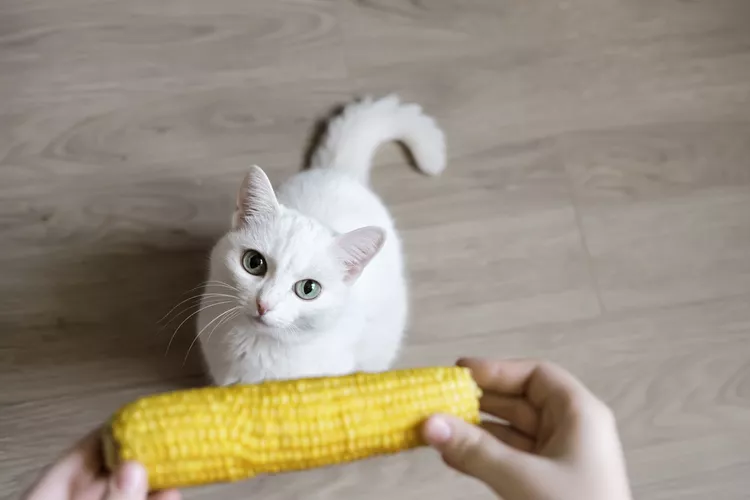
Cats are natural hunters who, when left to their own devices, would choose meat as their primary food source. But if you're reading this, you may be wondering—cat cats eat corn? While the simple answer is “yes”, there are some things you'll want to know first.
Find out more about how to safely share corn with your cat.
You may notice when shopping for cat food that many commercial brands include corn as an ingredient. While some media sources have labeled corn and other grains as “fillers,” the corn that is included in cat foods is processed to be more digestible and to provide nutrients that benefit your cat. It’s a safe source of carbohydrates, essential fatty acids like linoleic acid, and even protein. The idea that corn (or grains) in cat food is bad for cats is not founded in scientific research.
Keep in mind, however, that your cat requires a meat-based diet. Your cat should never be fed a vegan diet. Though corn may be included in your cat’s food, it should not be the main ingredient.
Your cat is an obligate carnivore, which means they require a meat-based diet to get their essential nutrients. In fact, there are some nutrients cats require, like taurine, that they can only get from animal products. Being an obligate carnivore does not mean your cat can't eat grains. It means that meat is essential and should be the majority of your cat's diet.
Because a cat is an obligate carnivore, regularly providing corn to your cat isn’t the most appropriate treat you could share with them. In fact, the corn included in a commercial cat diet is more likely to be beneficial to a cat than the corn you make at home.
If you want to give plain, cooked corn as a treat, you should limit your cat to a few kernels at a time. Corn should not be given to your cat as a regular treat but is usually okay when given rarely. Do not add butter or spices, and if your cat has a chronic health condition like diabetes or food allergies, you need to get this food approved by your veterinarian.
Cats should not eat corn cobs or corn husks. Both items can lead to a gastrointestinal blockage, which may necessitate emergency surgery.
While most cats will be totally fine after eating a few kernels of corn, there are some risks to be aware of.
If you’d like to feed your cat human foods as a treat, consider these alternatives:
It’s a good idea to get any human foods approved by your veterinarian before feeding them to your cat. Keep in mind that treats should not comprise more than 10% of your cat’s daily caloric intake.
Instead of feeding your cat corn as a treat, you can also consider commercial cat treats, which are formulated specifically for cats.
Corn is a safe ingredient in commercial cat foods, and it’s safe as a treat for most cats when given sparingly. The best way to ensure your cat’s nutrition needs are met, whether you’re giving corn as a treat or skipping it, is to provide a balanced meat-based diet formulated for cats.

10 Obscure, Little-known Canine Facts in Honor of National Dog Day
With National Dog Day upon us, it's time to celebrate everything about our favorite pets—even the weirder stuff. Here are 10 obscure facts about dogs you probably didn't know.
Exploring the Different Types of Pet-Friendly Beaches
Are you looking for pet-friendly beaches? Learn about the different types of pet-friendly beaches, their locations, and tips for visiting them with your pet.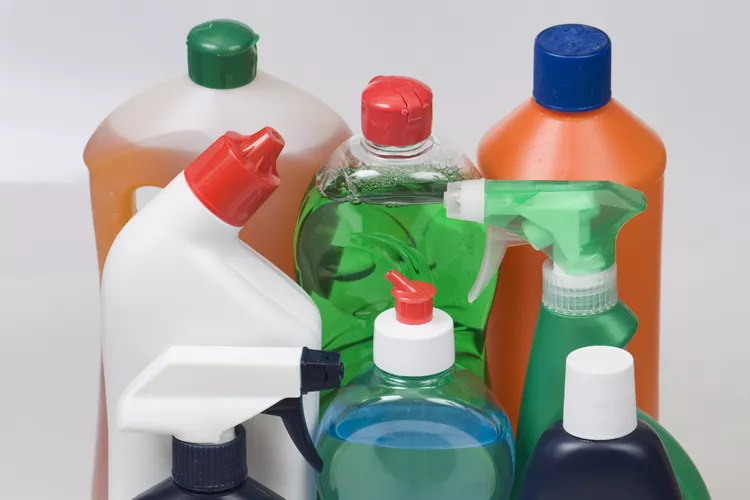
Toxic Chemicals & Household Items That Can Poison Dogs
There are many things in and around your home that can endanger your dog. Learn which chemicals and household items can poisin your dog.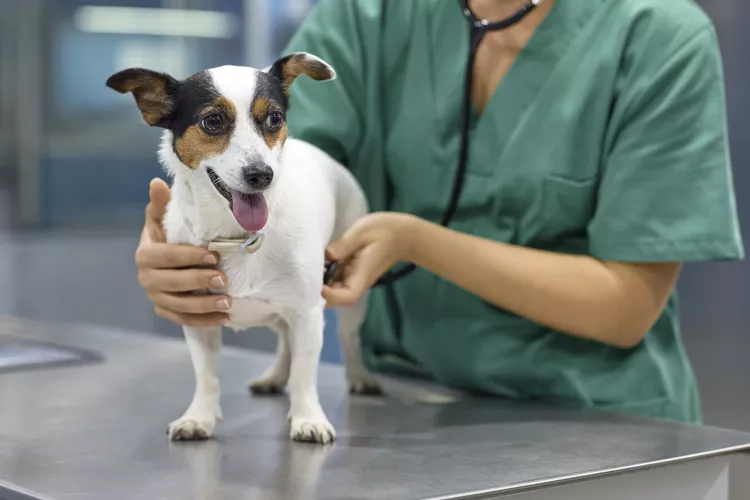
Bronchitis in Dogs
Is your dog coughing and feeling unwell? It could be due to respiratory inflammation called bronchitis. Learn the causes, treatment, and prevention.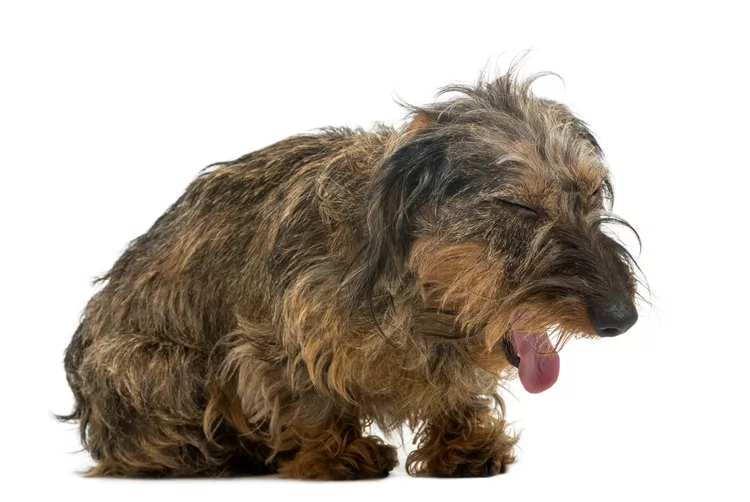
Choking in Dogs
A dog can occasionally swallow something incorrectly and start choking. Find out how you can tell if your dog is choking and what you can do about it.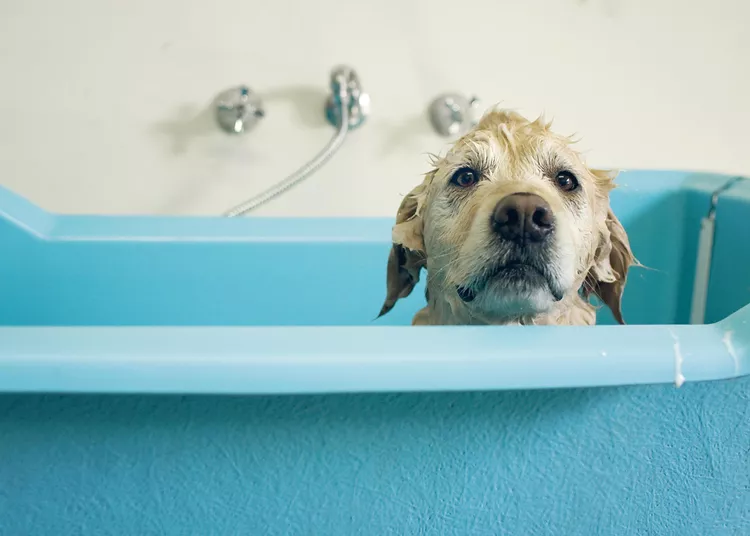
Why Does My Dog Smell So Bad?
Does your dog smell? Find out what could be causing these unpleasant odors and if it's something that needs more than just a bath to fix.
Is Rosemary Safe for Dogs?
Rosemary is used both for cooking and as a supplement with many reported health benefits in people, so you may be wondering if it is safe to give to your dog. Rosemary is considered non-toxic for dogs but with some caveats.
Can Dogs Eat Blueberries?
Dogs can safely eat blueberries. Blueberries are packed with nutrients and can be a great addition to your dog's diet when fed in moderation. Learn more about the benefits, risks, how to incorporate blueberries into their diet, and other fruits dogs can eat.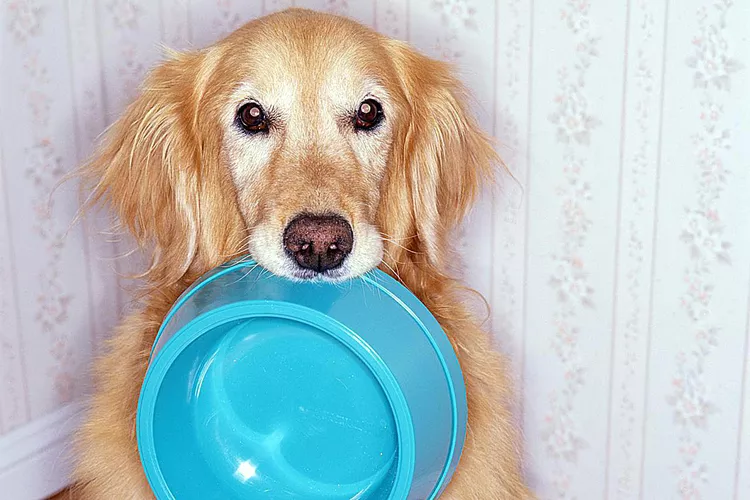
Dog Food Basics
Are you feeding your dog the best way possible? Check out these dog feeding tips to keep your dog healthy and happy.
Swedish Vallhund: Dog Breed Characteristics & Care
The Swedish vallhund makes for a high-energy and affectionate companion. Learn about the breed's history, health, exercise needs, and more.
Becoming a Show Dog: Getting Started
Do you have the perfect puppy? Have you considered showing her in a dog show? There's much more to showing than showing up! Here's how to get started.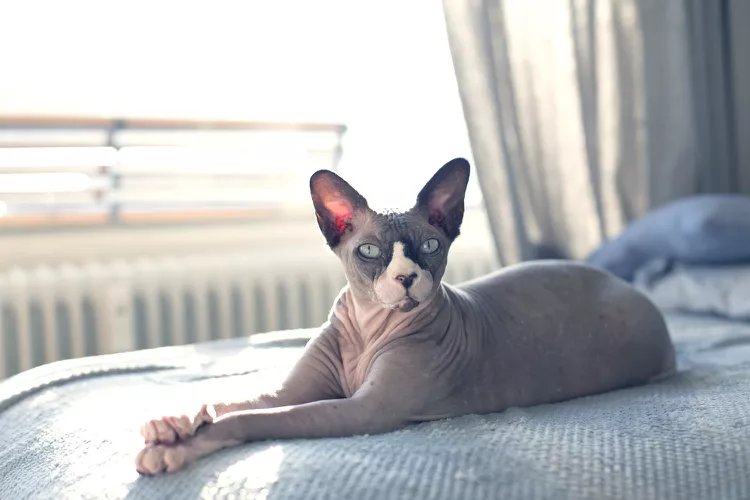
How to Care for a Hairless Cat
Hairless cats make great pets but they aren't without their own challenges and requirements. Read on to learn how to best care for your furless feline.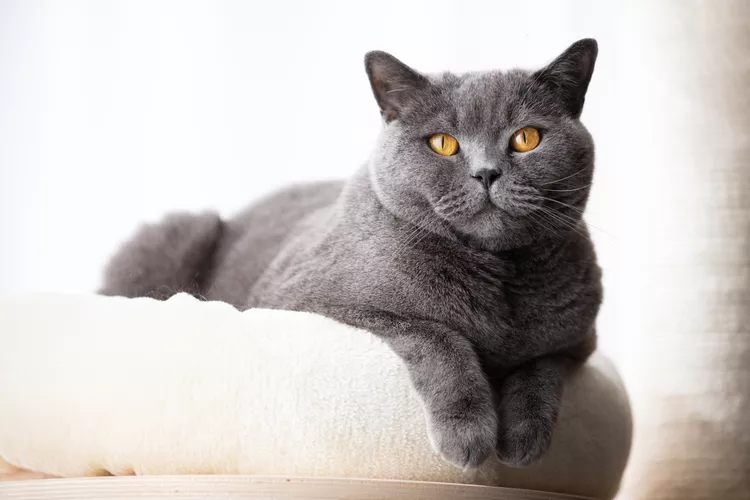
British Shorthair: Breed Profile, Characteristics & Care
The British Shorthair is a calm, affectionate cat that looks and feels like a plush teddy bear. Here's what you need to know about this popular breed, including appearance, temperament, health, and care.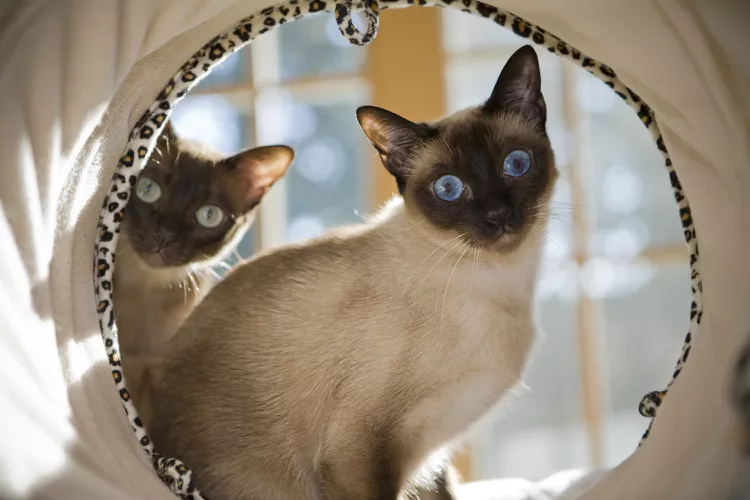
Tonkinese: Cat Breed Profile, Characteristics & Care
The Tonkinese cat is a perfect mix of the Siamese and Burmese—smart, sociable, and sweet. Learn about the Tonkinese breed.
How to Stop Your Cat From Chewing Electrical Cords
Cats are known to pounce and attack inanimate objects, like electrical cords. Learn how to prevent your cat from ambushing objects that may harm it.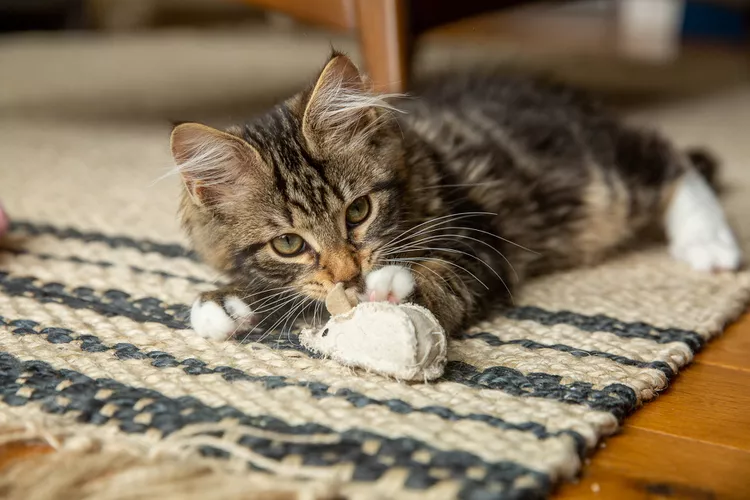
How to Stop Aggression in Kittens
Kittens may show aggressive behavior for several reasons. Sometimes their play gets too aggressive while other times the kitten is afraid or upset. Learn how to spot and curb aggression in kittens.
46 Egyptian Cat Names
Whether inspired by notable Egyptian deities, locales, or pharaohs, Egyptian cat names can bring out the divinity of your noble feline companion.
How to Tell If a Kitten is a Boy or a Girl
If you're wondering whether your new kitten is a boy or a girl, here are three ways to help determine the sex of your cat.
Signs Your Cat Is Aging and When to See the Vet
Expect some changes when your cat ages. Learn to differentiate between normal and potential medical problems for your elderly cat.
Coronavirus in Cats
Feline coronavirus (FCoV) rarely harms cats but can lead to another life-threatening illness. Learn the causes, treatment, and prevention.